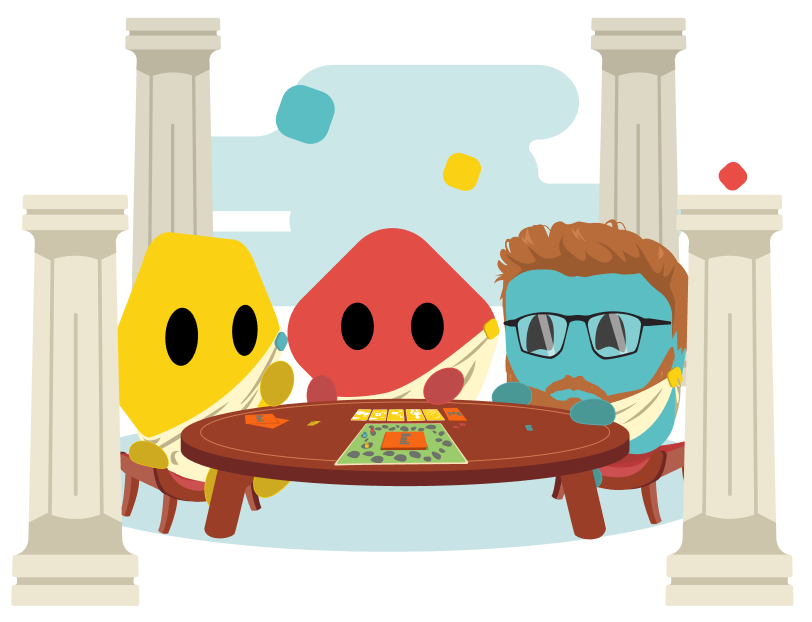- Project
- Underway
Play and the city: Investigating the cultural heritage of games of the City of Rome (200 BC-500 AD)
Tim Penn Lecturer in Roman and Late Antique Material Culture
Dr Tim Penn, lecturer at the University of Reading, specialises in Roman and Late Antique games. He has published widely and co-edited a book on Roman game archaeology. He co-chairs Working Group 2 of th COST Action GameTable, focused on the cultural heritage of games. He is preparing a monograph on board games from Aphrodisias, Tûrkiye. An experienced field archaeologist, he has worked extensively in Italy and uses GIS in his research. His PhD explored Roman landscapes and he speaks Italian fluently.
-
Project start date :
2025/06/02 -
Status :
Underway -
Research organization :
University of Reading -
Team :
/
In 2024, Game in Lab selected Dr. Tim Penn's project to explore the cultural significance and social role of board games in the city of Rome between 200 BC and 500 AD. The project aims to shed light on a lesser-known facet of ancient Roman society. Using a digital approach that ensures the preservation of data for future research, it documents and analyzes archaeological evidence of board games found across Roman sites.
Project overview
This project investigates the largely overlooked cultural significance of board games from 200 BC to 500 AD. While popular narratives emphasize spectacles like chariot racing and gladiatorial combat, recent research highlights suggest that gaming was a widespread activity in all social classes. Existing studies on Roman gaming rely on elite literary sources but lack reliable physical evidence. To address these gaps, the project focuses on carved gameboards found in archaeological sites across Rome. It is based on a digital methodology to document, analyze, and preserve the data, offering a more grounded perspective on gaming practices of Roman society.

Methodology
The project uses an interdisciplinary methodology combining archaeology, history, and digital humanities. Carved gameboards are systematically mapped, photographed, and documented using Geographic Information Systems (GIS) technology. This approach allows for spatial analysis of gaming practices in ancient Rome and ensures long-term preservation of the data, providing a valuable resource for future research on material culture and social practices in the Roman society.
Outcomes
The research project is ongoing. The use of GIS technology opens new perspectives on the spatial distribution of gameboards. This digital approach helps reveal patterns of use and provide insights into the social functions of board games in different areas of ancient Rome.
